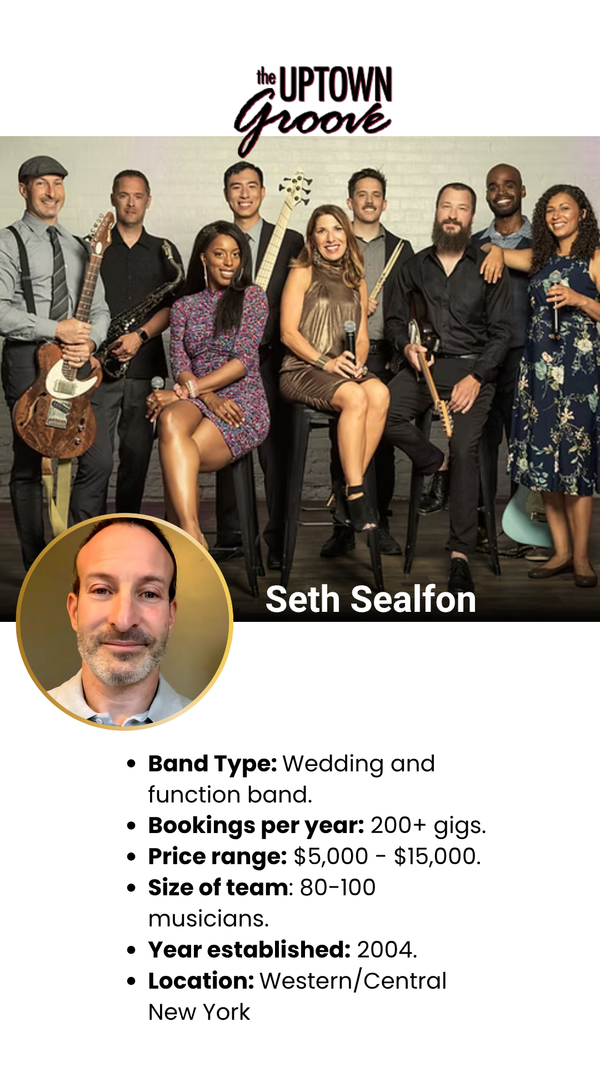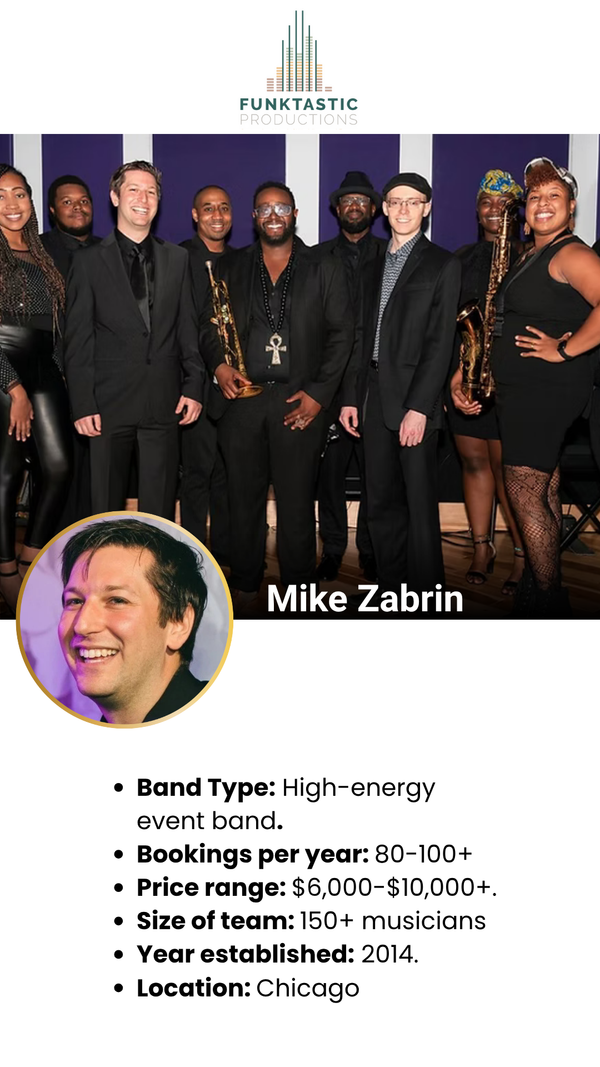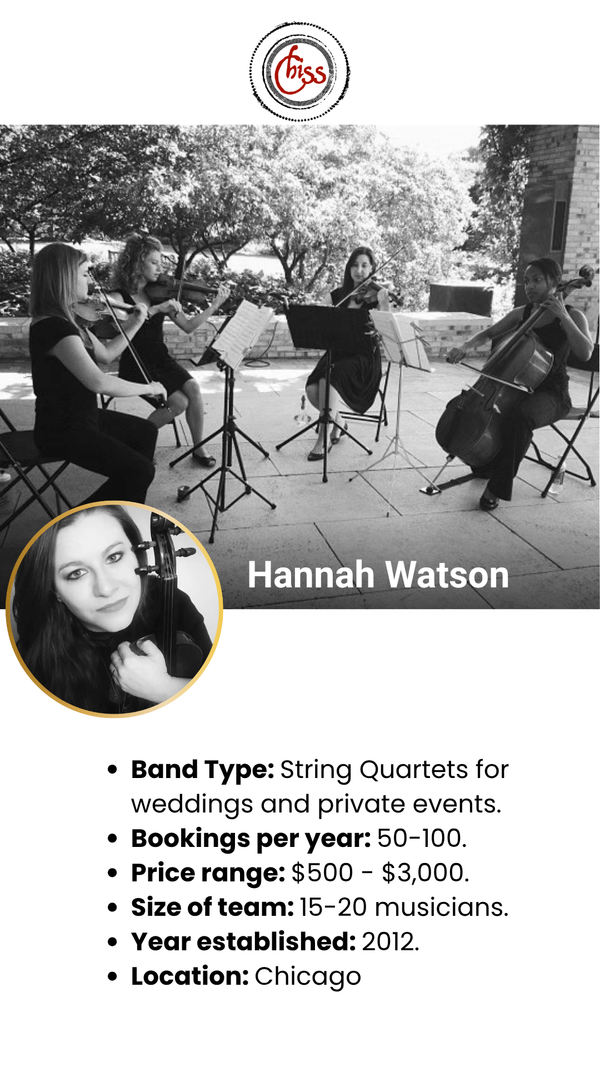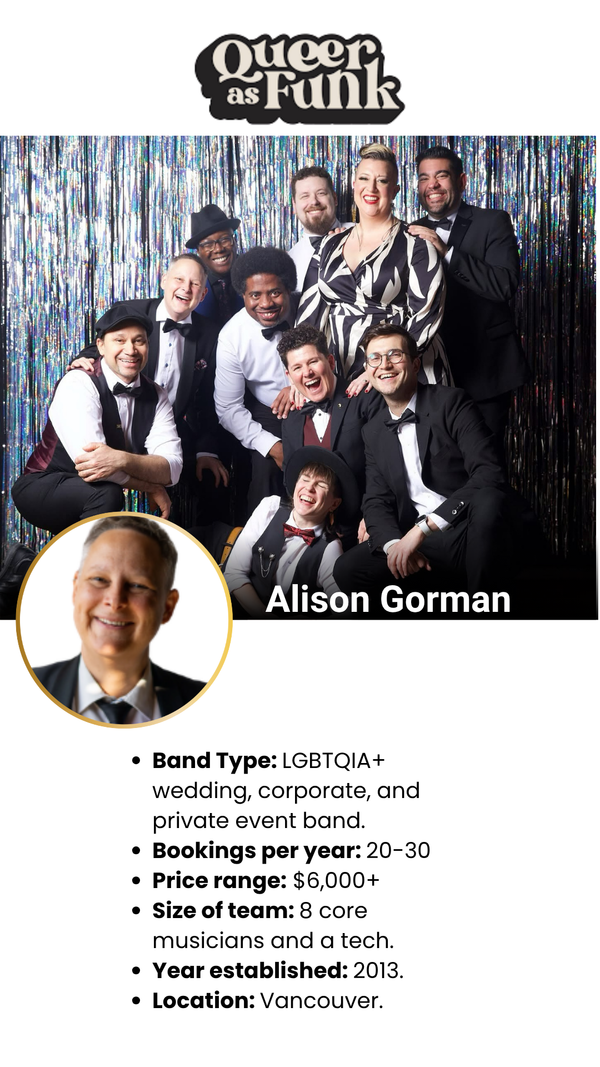Musicians Union Rates - What Do Musicians Charge in Your City?

How do you know you are offering a competitive rate for your or your band’s musical services if you have no idea what other musicians and bands are charging?
Rates that seem fair to you could be too high or too low in your market. Either way, it can hurt your business. Make a well-informed decision by finding out how much you should charge for your performance where you live. Some bandleaders prefer to use the Musicians' Union rates (known as “scale”) while others prefer to charge performance fees as negotiated on a case by case basis. We’ll provide you with some references and links to help you command the best rates.
How To Find Local Musician Rates
A great place to begin your search is with your local musicians' union.
Wait, you didn’t know there was a musicians union?
Fair enough. It’s not something we hear about everyday, and to be honest, many union branches are a little under the radar. The UK, Australia, United States, and Canada all have musicians unions, just to name a few.
These unions tend to be a bit old in their ways of doing business and unfortunately don't offer much value to self-employed musicians or bands. As such, many freelance players don’t find unions to be particularly beneficial. If you happen to land a gig in an orchestra or doing regular recording sessions for film or television, then you’re likely to get a lot more benefit from union membership as their collective bargaining agreements are quite favorable. That said, the unions in Canada and the US both have great music equipment insurance policies which are so good that many musicians join the union just to get at them!
But we digress. Back to musicians union rates...
You’ll find some links to the various music unions in the next section. When you go to either the American or Canadian Federation of Musicians, you can search by state or province to localize your search. Contact the local chapters to get accurate pricing for your area. You’ll want to send an email to their office and ask for their current “Rate Chart” or “Tariff of Fees”.
Tariff of Fees
A lengthy document (30+ pages) that outlines all the baseline rates that musicians must charge for services ranging from soundchecks and rehearsals to concerts and steady engagements (repeat shows). It even details rates for various types of recording sessions and even mixing and mastering fees. It’s a great resource to keep on your shelf!
Rate Chart
This document is a condensed version of the Tariff of Fees. Whereas the Tariff of Fees can be 30+ pages, this is usually just 2-3. It outlines baseline rates for things like orchestra, dance band, and background music performances and also includes non-performance work time rates for activities like soundchecks, rehearsals, mixing and mastering. Much more helpful for freelance musicians and event bands!
Another way you can look for rates is to search for comparable bands or musicians in your area. For example, “Wedding Band Rates in New York” returned hundreds of possible groups. You can look at each site to see if they display their rates or reach out to them directly. There’s no shame in secret shopping!
By comparing the musicians union rates with what other working musicians in your area charge, you should be in the ballpark with a decent starting number for your band’s prices.
Some Helpful Links for Musician’s Rates
Here is a list of musician’s unions you can contact in your area.
- American Federation of Musicians
- Canadian Federation of Musicians
- Musicians Union of Australia – Use this rate calculator if you work there.
- Toronto Musicians Association
- U.K. Musicians Union
Other Canadian Local Associations
- Alberta
- British Columbia
- Manitoba
- New Brunswick
- Newfoundland
- Nova Scotia
- Ontario
- Quebec - GMMQ (La Guilde des Musiciens et Musiciennes du Québec)
- Saskatchewan
You can search for local music unions for every U.S. state on the American Federation of Musician’s website. Go to the Find My Local page here or click the image.
If you become a local member of the American Federation of Musicians in Canada, you automatically enroll as a member of the Canadian Federation of Musicians. They help you with working across borders, insurance plans, and other benefits. In fact, their musicians' equipment insurance deals are so good that many musicians join the union just to get the insurance! It’s worth looking into.
Sample Band Rates
Not every band wants to post their rates online. Plus, there are too many variables. That said, we managed to come up with some sample pricing. It should help you price your band so you can get you out of the studio and into some gigs.
The Silver Arrow Band covers the NYC metropolitan area and tour as far as Boston and Buffalo. They offer packages starting as small as a 3-piece combo up to a full 14-piece jazz band.
Here are their stated rates:
- 3-4 Piece Band – Starting from $1,980
- 5-Piece Band – Starting from $2,890
- 7-Piece Band – Starting from $3,890
- 9-Piece Band – Starting from $4,890
- 14-Piece Band – Starting from $7,290
On the other side of the continent, we have the Phonix Band, a premium wedding dance band from Vancouver, BC. They also have variable musical packages.
- Solo – Starting from $450
- 3-Piece Band – Starting from $1,329
- 5-Piece Band – Starting from $3,589
- 7-Piece Band – Starting from $5,395
- 9-Piece Band – Starting from $6,350
In Denver, musicians for wedding gigs make about $150 per hour. For Nashville, TN, it’s a bit lower, between $65 and $120 per hour.
These posted rates will provide you some insight into what bands charge on either coast or in between.
Tips For Charging the Right Rates
It’s not easy to establish rates for the first time. Here are some tips to help you.
- Use social media to research a specific venue and pricing before deciding on a fee.
- Corporate functions and weddings generally pay higher than clubs.
- Reach out to other musicians to compare notes on venues and prices.
- "Secret Shop" your competing bands. Email them with a quote request for performance similar to what your band does.
When it comes time to negotiate your fee, get it in writing. Use email and a written contract, so both parties have a written record.
Knowing what to charge is not that hard, but keeping everything organized is. To help you tie it all together, including emails, contracts, and employer contact information, get the web app, Back On Stage. It’s the hassle-free way to manage your band and get paid what you’re worth.












